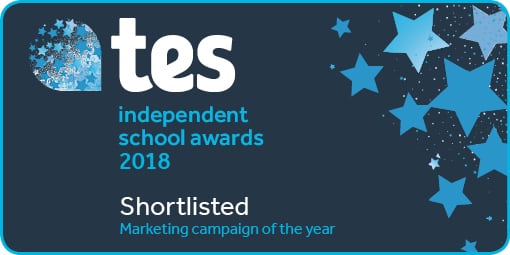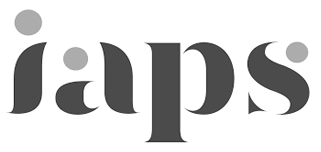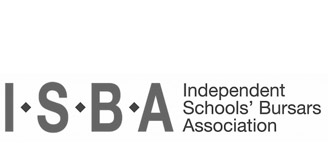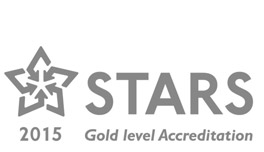Reception Curriculum
In Reception, we follow the Early Years Foundation Stage (EYFS) curriculum. EYFS incorporates seven areas of learning, and emphasis is placed on our boys being secure in the three Prime areas of learning: Personal Social and Emotional Development, Communication and Language and Physical Development, before they fully embrace the four Specific areas: Literacy, Mathematics, Understanding the World and Expressive Arts and Design. At Homefield Preparatory we also go beyond the statutory curriculum and ensure we incorporate STEAM and Modern Foreign Languages as part of our provision.
Here is an overview of all of the curriculum areas we cover and how:
Personal Social Emotional Development (PSED)
PSED focuses on developing skills in forming relationships, understanding choices, developing independence and a positive sense of self, as well as an awareness of the needs and feelings of others, all whilst working towards shared and individual goals. We provide a safe and secure environment that allows boys the opportunity to explore and express their own interests and develops key skills of playing and learning co-operatively.
Communication and Language
The EYFS emphasises the importance of boys developing a secure foundation in communication, language and understanding as they move into more formalised reading and writing skills. Once they have developed the ability to express ideas verbally, communicate their needs and thoughts, focus on tasks and build a wide range of vocabulary, pupils are able to begin to express this in written and electronic forms.
Physical Development
Physical Development is fundamental as movement is a key way in which young children explore and learn. We develop this using various techniques such as forming letters or numbers using materials such as paint, sand and corn flour, picking up small beads or dried pasta using tweezers. Boys explore their gross motor skills by using big brushes and water to paint on the walls in our playground, playing with a large ball or riding bikes and using their imagination working in a team to build large structures using our wooden blocks. Our Music and Movement enrichment gives pupils the opportunity to express themselves and move their bodies in different ways to music. Our specialist PE lessons help them to learn new skills and understand about exercising and keeping healthy.
Literacy
Writing: Boys learn to write letters in print for the first 2 terms then for the final term, when the boys are ready, they progress to the cursive handwriting script.
Phonics/Sounds: The Read Write Inc, scheme provides a structured and systematic approach to teaching fluency within reading. It is designed to recognise individual sounds within words, creating confident readers, articulate speakers and willing writers.
Reading: Alongside the phonics and decoding skills we teach, we ensure our boys engage with texts. We encourage exploration, using the sounds we learn, moving towards reading sentences, and we aim for boys to know how to sequence stories from the beginning, middle to the end.
Mathematics
Mathematical understanding is developed through a variety of practical activities based on real-life situations. Boys develop mathematical ideas and use related vocabulary whilst taking part in sorting, matching, ordering, counting, pattern making and manipulating numbers, shapes and measures. We use our outside area to expand the boys’ mathematical knowledge and understanding by looking at shapes and numbers in the environment, counting and sorting different materials found outside or measuring on a large scale.
Understanding the World
Our boys are encouraged to be curious, ask questions, to experiment and solve problems to help them make sense of the world they live in. A variety of practical experiences build the foundation for later learning about science, design and technology, information and communication technology, history, geography, philosophy and religious education. We use Cornerstones as a resource to support our teaching. We ensure that these topics encourage boys to explore, explain and evaluate what they are taught, building their thirst for knowledge and encourage them to think deeper and ask more ‘how’ and ‘why’ questions.
Expressive Arts and Design
We emphasise the importance of our boys to be creative and expressive and this is evident through the variety of tasks offered, to the questions posed within lessons. Pupils are given the opportunity to design, build and transform items using various materials such as scissors, paint, glue, crayon, chalk etc, considering what they might do differently next time. We use leftover boxes and cartons for the boys to create models. The boys attend regular music sessions with a specialist teacher where they explore music from various genres and experiment with musical instruments. Boys are given the opportunity to express themselves and move their bodies appropriately to music, moving and dancing freely, and participate in a Christmas nativity.
STEAM (Science, Technology, Engineering, Art and Maths)
As part of our curriculum, boys have the opportunity in class, in enrichment and in after school clubs to explore STEAM problems using age-appropriate resources. An example of a STEAM challenge would be: ‘How could Cinderella get to the ball without a carriage? These concepts are explored through a variety of resources, with opportunities to develop team-work, critical thinking, resilience and early design process.
Modern Foreign Languages (MFL)
Boys participate in French lessons with a specialist French teacher from their first week in Reception. They enjoy learning songs, stories and rhymes in French that supplement the work happening in class. Boys are also introduced to French civilisation as part of this subject. Over the year, the boys work diligently developing the four skills of Listening, Speaking, Reading and Writing within MfL.
Detailed information on the whole curriculum is sent to parents, with the specific skills being developed, each term.
Click here to see an example of skills covered across the Reception curriculum








